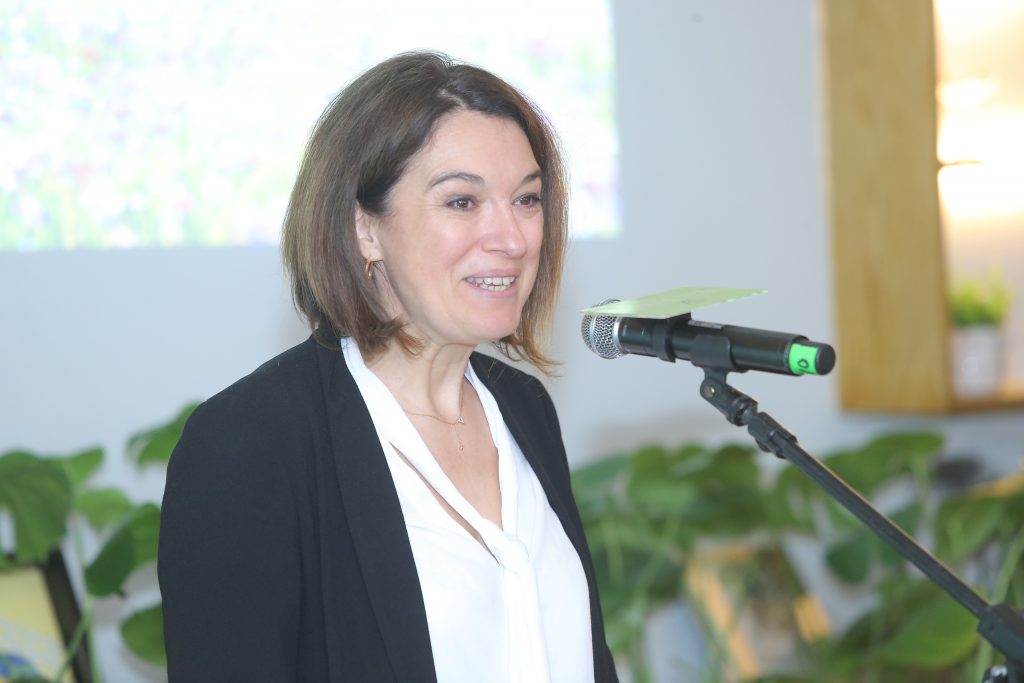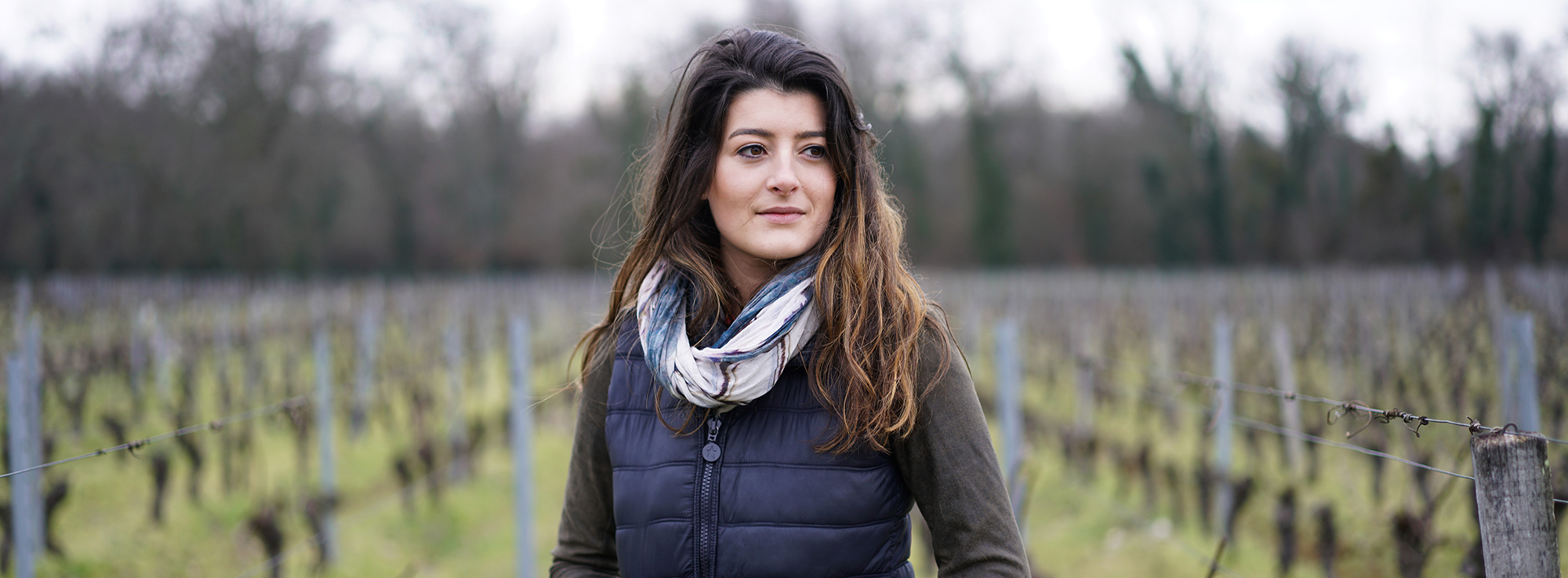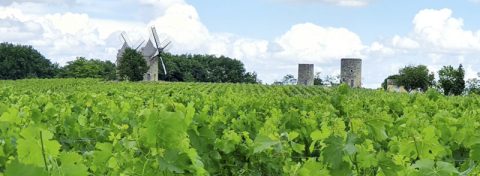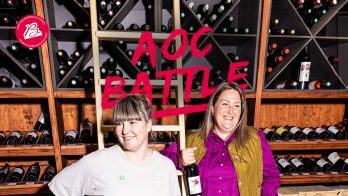Word on the Vine – In Conversation with Marie-Catherine Dufour, Technical Director of the Bordeaux Wine Council
 When Bordeaux committed to achieving 100% sustainable practices across the region in 2013, this may have been regarded a bold endeavour. But today, just seven years later, over 65% of the vineyard is committed to sustainable production, with biodiversity and inclusivity at the heart of this success. We spoke to Marie-Catherine Dufour, Technical Director of the Bordeaux Wine Council to discuss the reformative, pragmatic techniques used by growers to drive this effort.
When Bordeaux committed to achieving 100% sustainable practices across the region in 2013, this may have been regarded a bold endeavour. But today, just seven years later, over 65% of the vineyard is committed to sustainable production, with biodiversity and inclusivity at the heart of this success. We spoke to Marie-Catherine Dufour, Technical Director of the Bordeaux Wine Council to discuss the reformative, pragmatic techniques used by growers to drive this effort.
Tell us about your role with the CIVB (Bordeaux Wine Council)
I lead the Technical Department of the CIVB. Our mission is to think how to meet the challenges of tomorrow through innovation.
Could you give us a brief update on Bordeaux’s approach to Sustainability, goals and how far the region has come in achieving these goals?
We conducted our first analysis on climate in the Bordeaux vineyards to establish our total Carbon footprint in 2007, and our second in 2013. During this period, the carbon footprint of our sector decreased by 9% but our objective was to decrease our carbon footprint by 20% between 2007 and 2020. To this end, we created an environmental strategy, “The Climate Plan”, which aims to encourage winegrowers to implement more virtuous practices in light of climate change. We are currently doing our third carbon footprint analysis to develop a new climate strategy for next year. No doubt that this will prompt our next challenge of achieving carbon neutrality during the next period!
For the past 10 years, we have developed and encouraged the creation of environmental certifications, and encouraged our winemakers to achieve these. As a result, today, we can proudly say that 65 % of our vineyard is recognised by an environmental certification such as Organic Agriculture or High Environmental Value (a French label promoted by the French Agricultural Minister). Our goal is for 80% of the vineyard to have gained an environmental certification by 2025, and 100 % in 2030.
Over the last year, we have also started to emphasise the importance of having a Corporate Social Responsibility strategyfor? our winemakers. Whilst our goal is to continue our environmental efforts, we also hope to have 60 % of the vineyard involved in a CSR strategy in 2030.
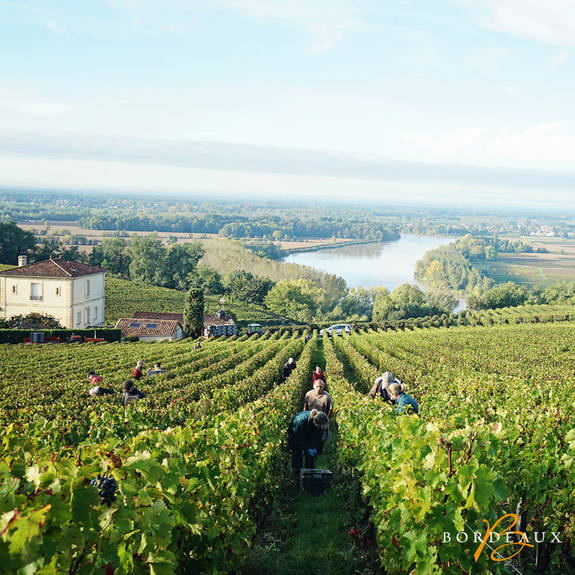
Bordeaux’s objective is for 100% of vineyards certified in sustainable practices, what is the road map to achieving this?
We hope to achieve this in five steps:
- Encourage the attainment of environmental certifications
- Stop the use of the most dangerous pesticides
- Encourage the use of pesticides allowed in organic agriculture and products of biocontrol (we are currently carrying out research on this subject)
- Encourage biodiversity in the vineyard to create a new balance which favours plant resilience (we are creating a network of vine growers who observe the biodiversity in their vineyards to understand its impact on the natural balance and on the landscape).
- Reduce waste and energy consumption by setting up innovative processes. For example, we are working on the transformation of the CO2 from the alcoholic fermentation into salicylic acid
How does the CIVB support winegrowers in their journey towards higher sustainability?
We support winegrowers in many ways. First and foremost, we invest in research to the value of €1.2million per year. We share the findings through technical books and seminars. And most importantly, we have set up a new collective organisation where we can share our learnings and support each other on our efforts.
Find out more about Bordeaux’ commitment to Sustainability at Bordeaux Day, where Marie-Catherine will be hosting a seminar on What Sustainability means to Bordeaux.
Sign up Here
